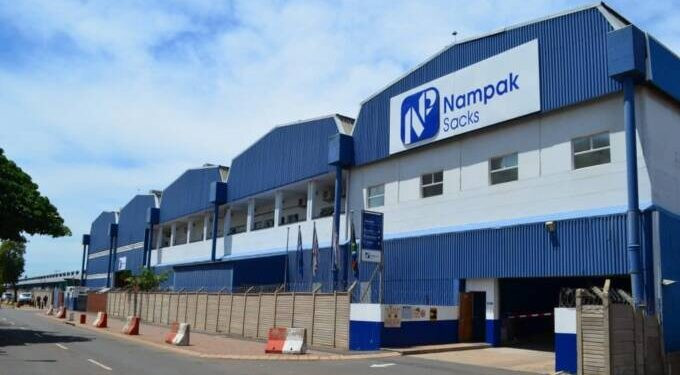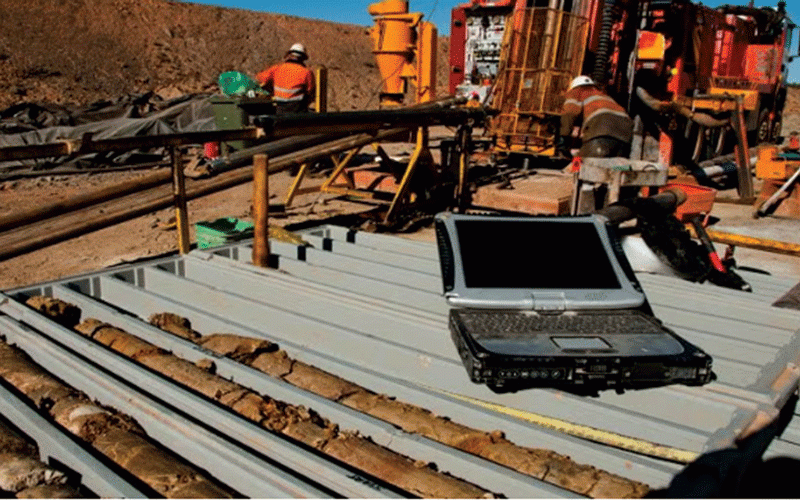
SHAMVA Mine, a member of Kuvimba Mining House (KMH), has reached a remarkable milestone of 365 days without any lost time injuries at its operation.
A lost-time injury is one that results in time lost from work of a day’s shift or more and includes injuries that result in fatalities or permanent injuries.
This achievement is a testament to the mine's unwavering commitment to safety, with an impressive record of zero injuries resulting in lost working hours since last year.
Moreover, the mine has achieved an outstanding one million fatality-free shifts.
This success can be attributed to Shamva's dedication to fostering an inclusive safety culture that prioritises the well-being of all employees.
"What makes us more delighted about this accomplishment is that we are still riding on the momentum of achieving one million fatality-free consecutive shifts that we attained on the 5th of December," Shamva general manager Gift Mapakame said on Friday.
"So, it essentially shows us that, as our vision is to achieve zero harm, which is zero injury to personnel and zero impacts to the environment, it is actually quite possible just by looking at these consecutive achievements that we have actually penciled as a miner.
"The culture that we have is influenced by the executive and the management team of Shamva Mining Company has the honours of putting in place the system that disseminates this culture."
- Feature: Revolving door of Zim's mining investment keeps on spinning
- Nzenza speaks on Zisco
- BNC promises full disclosure to investors
- Govt blocks small-scale miners from lithium fields
Keep Reading
Mining industry is associated with hazardous working conditions, hence achieving such a milestone is commendable.
Effective communication within the team played a pivotal role in reaching this milestone, mine officials noted.
Regular meetings, training sessions, and awareness programmes ensure that safety policies, procedures, and legislation are effectively communicated to all team members.
"I am also happy to highlight that the employees in general have been able to actually embrace this culture of zero harm and by so doing have actually enhanced their risk perception and safe work practices," Mapakame said.
"I have to say that for us this accomplishment actually begins at a strategic level where we have put together an organisational strategy to be deployed in order for us as Shamva Mining Company to be one of the biggest, most efficient and safest mining operations in the country.
"We have been able to put a business management system that reflects on international standards and best practices. To this effect, we are ISO [International Organisation for Standardisation] certified. We have got three standards that are certified to our system."
These include standard for occupational health, standard for environmental management systems, and standard for quality management.
“So, in this business management system, we are then able to take the opportunity to look at our operations or the context of the organisation in order for us to be able to derive the risks that our operation either poses to ourselves as employees and the impacts that it poses to the environment,” he said.
“This risk-based approach allows us to look at measures that we can actually be able to employ and operationalise in this management system. All that is basically encapsulated in what we call an operational control framework.”
It is this operational control framework that the company then disseminate and take to its employees in the form of trainings and raising awareness or even knowledge transfer and adaptation of skills.
“So each and every task that happens at Shamva Mining Company has got a risk profile,” he said.
“The individuals that are participating in that task understand the nature of the baseline risk, they understand how to assess localised risk, and they have got a standard task procedure that they are actually following in order for them to be able to safely execute the task.”











